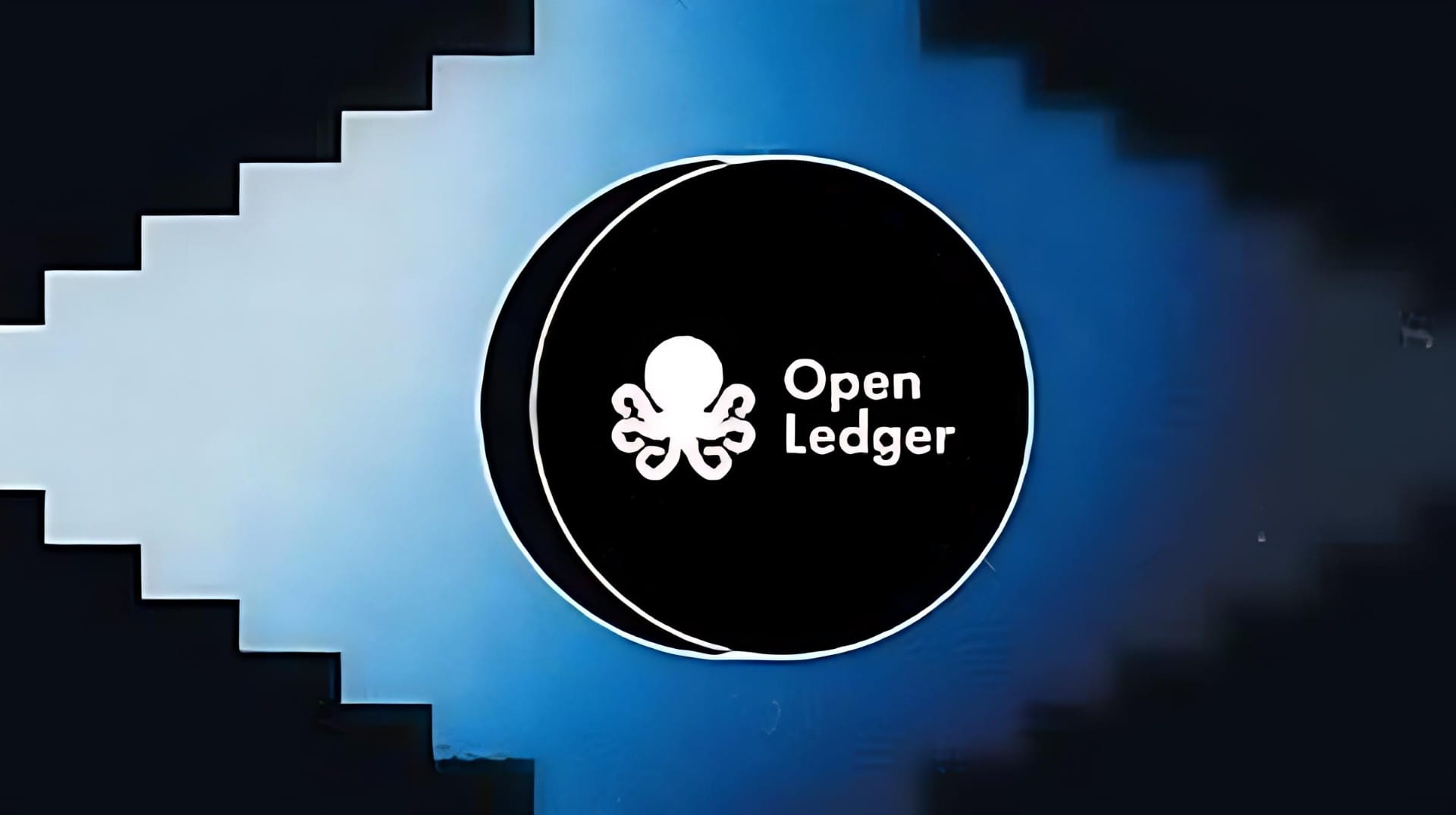
I recently noticed the project @OpenLedger . It is not another AI project that炒概念, but rather it fundamentally redesigns the entire AI data supply chain's underlying logic from the perspective of data ownership, allowing data contributors to finally be 'seen', recorded, and rewarded.
Datanet: No longer 'raw data miners', but 'data partners'
In OpenLedger, there is a concept that I think is particularly worth discussing - Datanet. You can understand it as a clearly defined 'data subnet', such as a datanet specifically for collecting financial information, a datanet focused on medical imaging, or even a datanet providing gameplay data for game AI.
Anyone can upload data to participate in construction, such as uploading a medical image dataset, or a set of financial news links you scraped yourself, even if it's just a training sample you personally labeled. As long as it is adopted and used, your contributions will be recorded on-chain.
This is not about sentiment but about value attribution. OpenLedger has a particularly core mechanism called Proof of Attribution, which can accurately trace every data use and every model call back to the data providers behind it. What does this mean? It means you are no longer just a 'mover' of data, but a 'partner' in the entire AI model growth process.
Who used my data, can I share it? OpenLedger gave a positive answer
Many of our previous fantasies about Web3 are actually this: Can my data become an asset? Can it be recorded, traded, and participate in profit distribution like NFTs? OpenLedger's architecture made me feel that this is feasible for the first time.
Here's how it works: When a certain model is trained on OpenLedger's network, it will be associated with a set of data records, clearly indicating who provided what data; if this model is later called by others, for example, to generate an article, analyze a report, or complete a task, the benefits can be automatically distributed according to the data contribution ratio.
Doesn't it seem like a kind of 'data copyright dividend' system? It's even more transparent and timely than traditional content platforms. You no longer need to rely on platforms to generously reward you with tips or advertising fees, but instead, you are embedded in the value cycle at the system level.
This is not idealism, but a victory in blockchain design.
Some may say this sounds too good to be true, can it really be done?
I initially approached its documentation and GitBook with a skeptical attitude, but found that they are indeed not just talking. OpenLedger is a second-layer network built on OP Stack, compatible with Ethereum, and has introduced data availability solutions similar to EigenDA, meaning it can not only 'record on-chain' but also track data calling paths at a very low cost.
What's more impressive is that it unifies data contribution, model training, and inference calls into a single on-chain framework, no longer fragmented and disconnected steps. It's like building a 'resume system' for AI: every piece of data starts accumulating credit from the moment it is uploaded; every model call also generates an on-chain verifiable 'footprint'.
This design reminds me of a term: data sovereignty. What OpenLedger does is to let data start from the hands of users, enter the AI network, and ultimately form an assetized, attributable, and dividend-distributing closed loop.
Is there an opportunity for roles outside of data to participate?
Of course, this system not only serves 'data uploaders'. OpenLedger also has a model development module (ModelFactory) and an inference deployment layer (OpenLoRA), which means you can also be a model trainer, tuner, optimizer, or deployer.
For example: You may not have massive amounts of data, but you can fine-tune a model with public data; or you have GPU resources to deploy lightweight model nodes (the OpenLoRA module supports deploying multiple fine-tuned models simultaneously). Your contributions to the model will also be recorded and distributed.
So the entire ecosystem is not the Web2 mindset of 'just upload and that's it', but an AI supply chain collaboration system: anyone can find their role—even if you are just a data auditor or labeler, you can still receive on-chain confirmation and rewards.
To summarize my understanding
OpenLedger does not compete with 'we have large models', 'we run faster', 'we have this much parameter quantity' route; instead, it takes the most fundamental and easily overlooked step first—clarifying the data contribution path and making the value attribution clear.
In the Web2 world, data is a resource of the platform; but in OpenLedger's vision, data is an asset of the users.
This is the new narrative of the AI era: If data is oil, then what OpenLedger wants to do is not an oil refinery, but an intelligent pipeline system that can record, trade, distribute dividends, and collaborate.
If you care about AI not just in terms of model parameters, but also whether your data can be monetized; if your expectation of Web3 is that users can truly 'own' their digital assets; then I think the emergence of OpenLedger is worth your close attention.


